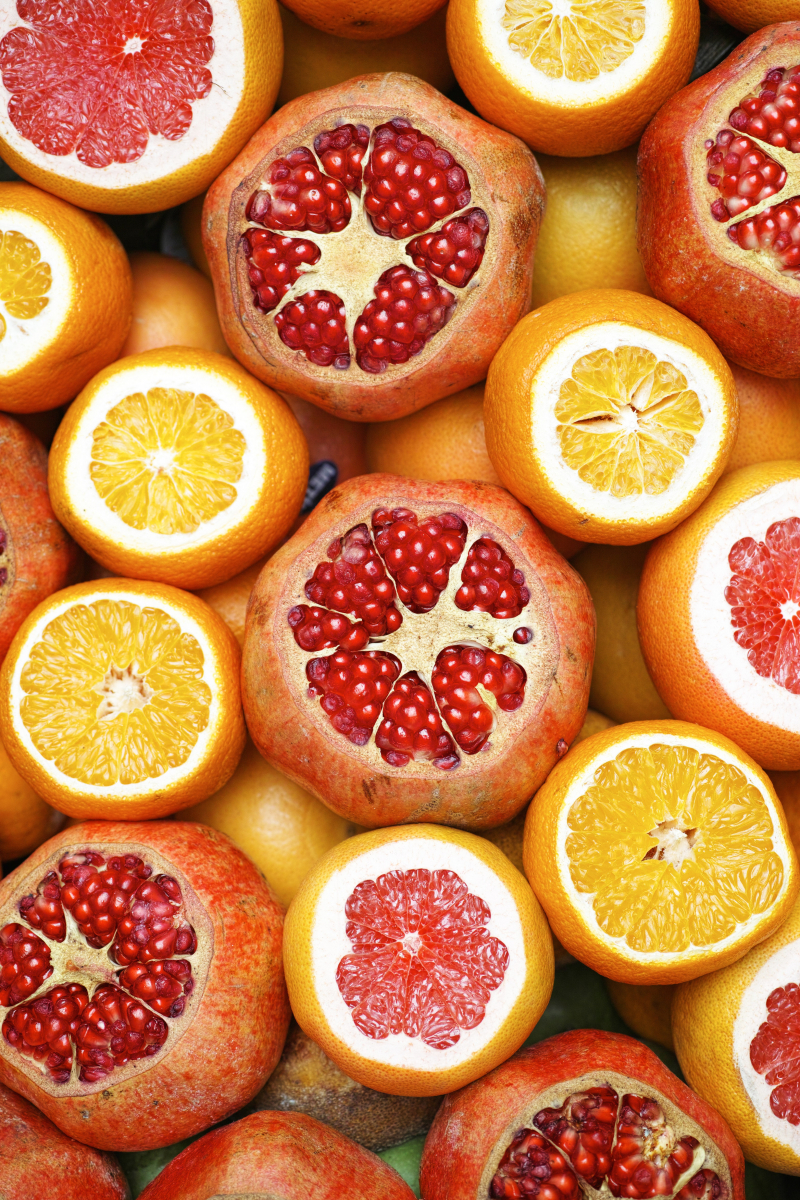Raw Food Diet

Top 7 in Top 10 Best Plant-Based Diets
The raw food diet is a lifestyle that is always changing. It was developed in the late 1800s by a doctor who used eating raw apples to treat his own jaundice, and it has since been the subject of research to learn more about how eating raw food affects human health.
The foundation of the raw food diet is based on consuming food that hasn't been cooked, processed, microwaved, irradiated, genetically modified, or exposed to pesticides or herbicides; however, there are many variations of it today. But relatively few people consume only raw foods. Those who follow a raw food diet consume between 75 and 80 percent of their daily calories from plant-based foods that have never been heated past 115 degrees Fahrenheit.
The majority of adherents are vegans, although others elect to ingest uncooked animal products such as raw (unpasteurized) milk, raw milk cheese, sashimi, raw fish, and certain types of raw meat. Few scientific studies back up assertions that boiling kills nearly all of the immune-boosting plant components and the majority of the food's vitamins. Most nutrition experts think this low-calorie diet isn't ideal because most people who follow the plan barely ingest half the calories they would on a normal diet.
Pros:
- No counting carbs, points or calories.
- Filling – it's rich in high-fiber foods.
Cons:
- Lacks in-depth nutritional guidance.
- Eating out limited.
- Unsafe for some people.
- Little research to back it up.
- Could fall short nutritionally.











